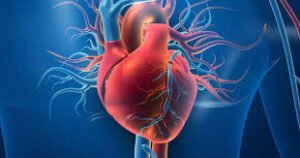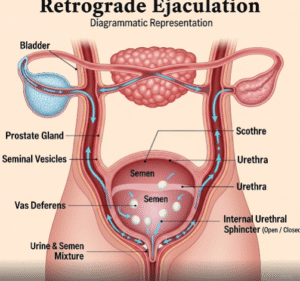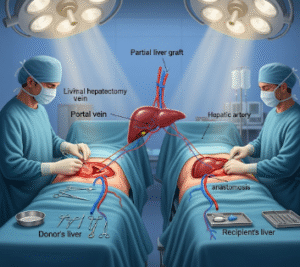Overview
Gastritis is the inflammation of the stomach lining, which can occur suddenly (acute) or develop slowly over time (chronic). It is a common digestive condition that can be caused by infections, lifestyle habits, medications, or autoimmune disorders. Early diagnosis and treatment can help prevent complications such as stomach ulcers or bleeding.
What is Gastritis?
Gastritis refers to inflammation, irritation, or erosion of the stomach’s protective lining. It can range from mild to severe and may involve only a small part of the stomach or the entire lining. The condition may resolve quickly with treatment or persist for years, depending on the cause.
Symptoms
- Upper abdominal pain or discomfort
- Nausea or vomiting
- Bloating
- Loss of appetite
- Indigestion
- Belching
- Black or tarry stools (in severe cases)
- Vomiting blood (in severe cases)
Causes
- Helicobacter pylori (H. pylori) infection
- Excessive alcohol consumption
- Long-term use of NSAIDs (ibuprofen, aspirin, naproxen)
- Stress-related damage to the stomach lining
- Autoimmune disorders
- Bile reflux into the stomach
- Smoking
- Severe injury, burns, or surgery (stress-induced gastritis)
Risk Factors
- Regular use of pain relievers or anti-inflammatory drugs
- Heavy alcohol consumption
- Smoking
- Older age (reduced protective stomach lining)
- Family history of gastritis or ulcers
- Autoimmune diseases
- Chronic stress
Complications
- Peptic ulcers
- Stomach bleeding
- Anemia due to chronic blood loss
- Increased risk of stomach cancer (especially with long-term H. pylori infection)
Prevention
- Limit alcohol intake
- Avoid smoking
- Use pain relievers only when necessary and as prescribed
- Eat smaller, more frequent meals
- Manage stress effectively
- Practice good hygiene to prevent H. pylori infection
- Avoid very spicy or acidic foods if they trigger symptoms
Treatment Options in Korea
In South Korea, gastritis is diagnosed through endoscopy, H. pylori testing, and other gastric function tests. Treatment depends on the cause and may include:
- Medications: Proton pump inhibitors (PPIs), H2 blockers, antacids, and antibiotics for H. pylori
- Lifestyle changes: Dietary modifications, reducing alcohol, quitting smoking
- Hospital care: For severe cases involving bleeding or ulcers
South Korea’s hospitals, such as Severance Hospital, Asan Medical Center, and Samsung Medical Center, offer advanced diagnostic technology and comprehensive treatment plans for gastritis, including minimally invasive endoscopic procedures.













